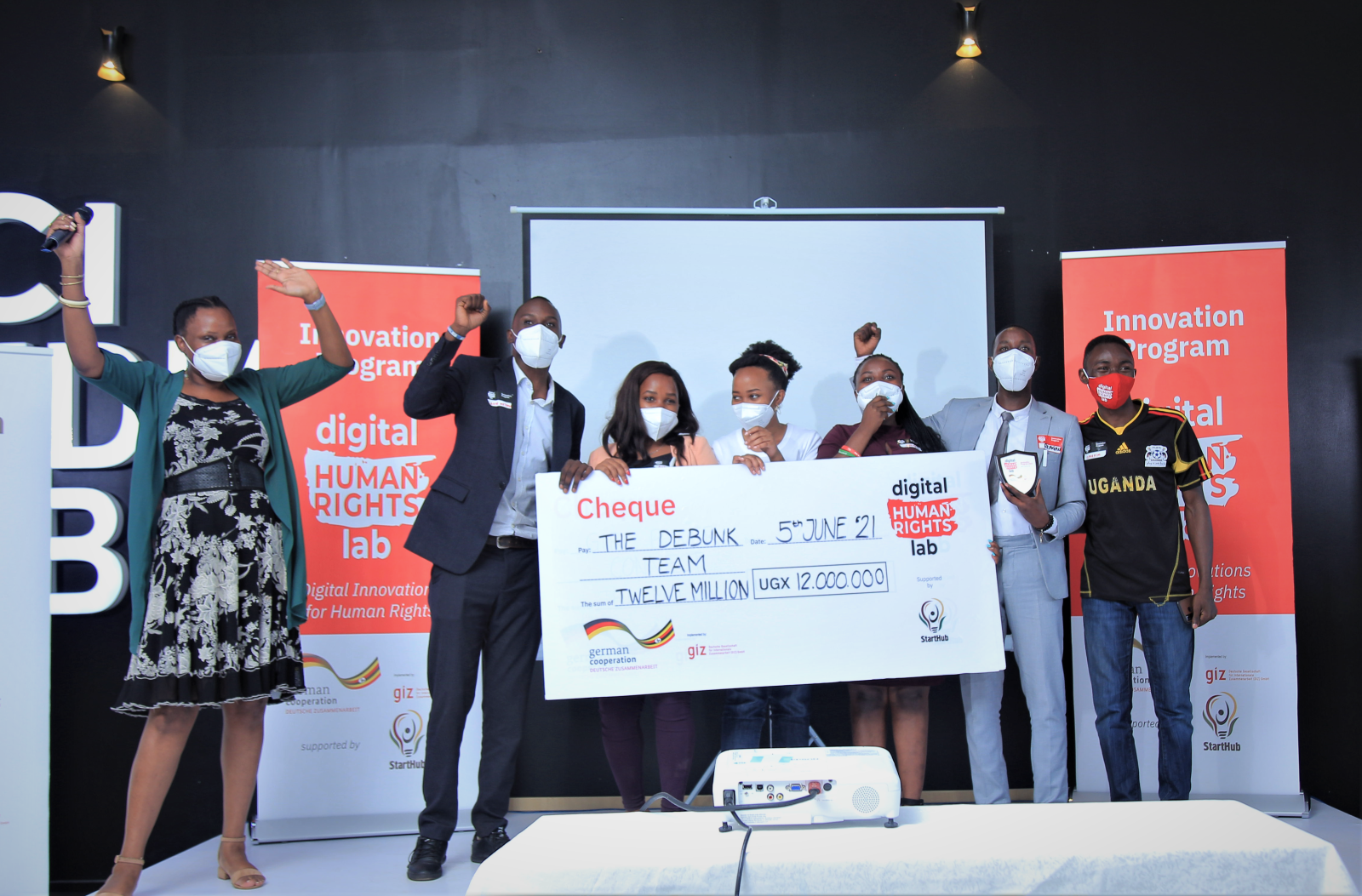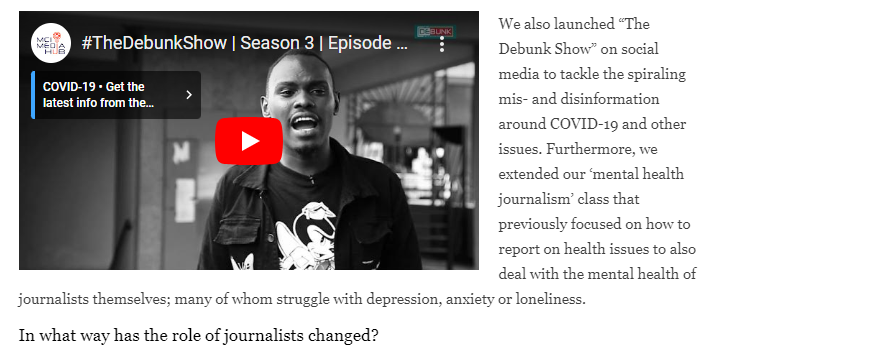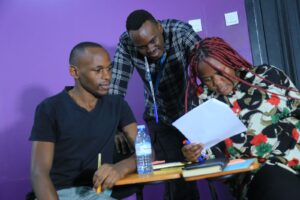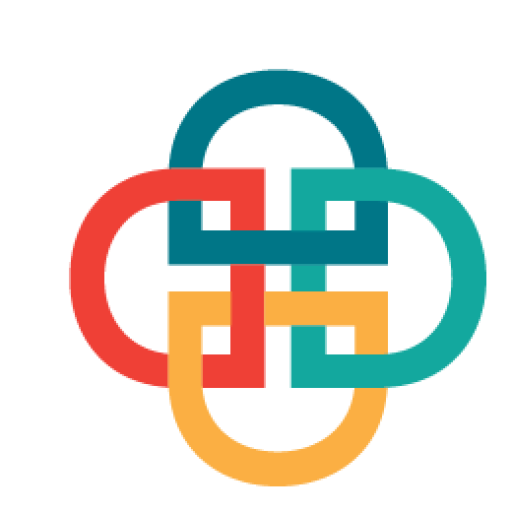Completed

- DIGITAL HUMAN RIGHTS LAB (DHRLAB) INNOVATION PROGRAM.
We have been discussing the Debunk Bot, so perhaps we should enlighten you on its creation. At Debunk, we think that having access to the appropriate information is crucial for making informed decisions and for the full enjoyment of all essential human rights. Once you know the truth, you will not make regrettable mistakes!
According to MIT research, false information spreads more quickly than the truth, so we needed to develop a system that would enable us to fact-check material “almost” as quickly as the false information that is trending or being shared.
(Study: False News Spreads Faster Than the Truth | MIT Sloan, 2018)

In 2021, we pondered on an idea of the Debunk Bot, an innovative software that was generated through a competitive grant program administered by Start Hub Africa and GIZ through the Digital Human Rights Lab.
Through a competitive digital human rights lab grant program administered by Start Hub Africa with funding from the Deutsche Gesellschaft für Internationale Zusammenarbeit (GIZ), the bot was created.
We tested, and prototyped the bot throughout the course of the six-month programme; nevertheless, we are continuosly modifying it to cater to fact-checkers and the general public. The Innovation Programme was a six-month initiative to promote fresh developments in the digital sphere.
The bot is a Whatsapp API. And this is how it works;
- Add the debunk bot to your phone contact.
- Chat with the bot by tagging @DebunkBot and attach either a picture or any information that you need to be fact-checked for you.
- Hit that send button
- The team gets to review and fact-check the information provided, speak to experts and revert with factual information.
The overall objective is to collect public information that needs to be clarified or fact-checked so that we can classify it as misinformation, disinformation, stereotyped information, and fake news. Additionally, we disseminate the accurate information to all other people who could become the targets of the disinformation that is circulating.
We are grateful to the DHRLAB team for supporting our idea, strengthening our innovation, and improving our interpersonal, teamwork, financial, and administrative skills.
- DEBUNKING COVID-19 MISINFORMATION.
Even the professional experts we sought to for guidance on Covid19’s theories and phenomena were learning about the new virus’s behaviour and how to safeguard the public.
All people were required to wear masks, sanitising became a constant activity, and we were unable to get close to the people we care about without worrying that they would become exposed.
But in the midst of it all, an infodemic broke out, countries began blaming one another for the virus and slackness, conspiracy theories, false information, and disinformation all threatened human life.

We created and broadcast three seasons—a total of 36 episodes—about the myths surrounding Covid 19 and we still do so in addition to other lines and topics of fact-checking.
We conducted fact checks on a variety of topics, including whether changing your toothbrush after recovering from COVID 19 is necessary to prevent re-infection and if you may perform a COVID 19 test while drinking wine.
Since then, some of the Covid19 debunkings have been translated into local languages and widely shared across the communities and generated a lot of conversations.
One year later, we remain committed to the vision of a society in which true information guides judgement and fights false information, misdirection, and disinformation.
- INNOVATORS IN RESIDENCE
We have recently completed a fantastic program with Aga khan University’s Media Innovation Center under the Innovators In Residence Program (LiR), translating fact-checks into three local languages which have been airing on radio stations like, NBS-Smart FM, and MCI Radio in Uganda.
These languages are Luganda, Lusoga, and Rutooro. This project has been supported by the Media Challenge Initiative and Aga Khan University’s Media Innovation Center.
During the program, we trained 5 Fact-Checkers In Residence who have gone ahead to debunk claims around Sexual and Reproductive Health, Climate Change, and common community/cultural misconceptions about women.
We also trained in 5 Universities in Uganda under the program from; Kampala International University, Kampala University, Cavendish University, Makerere University, and MBI.



